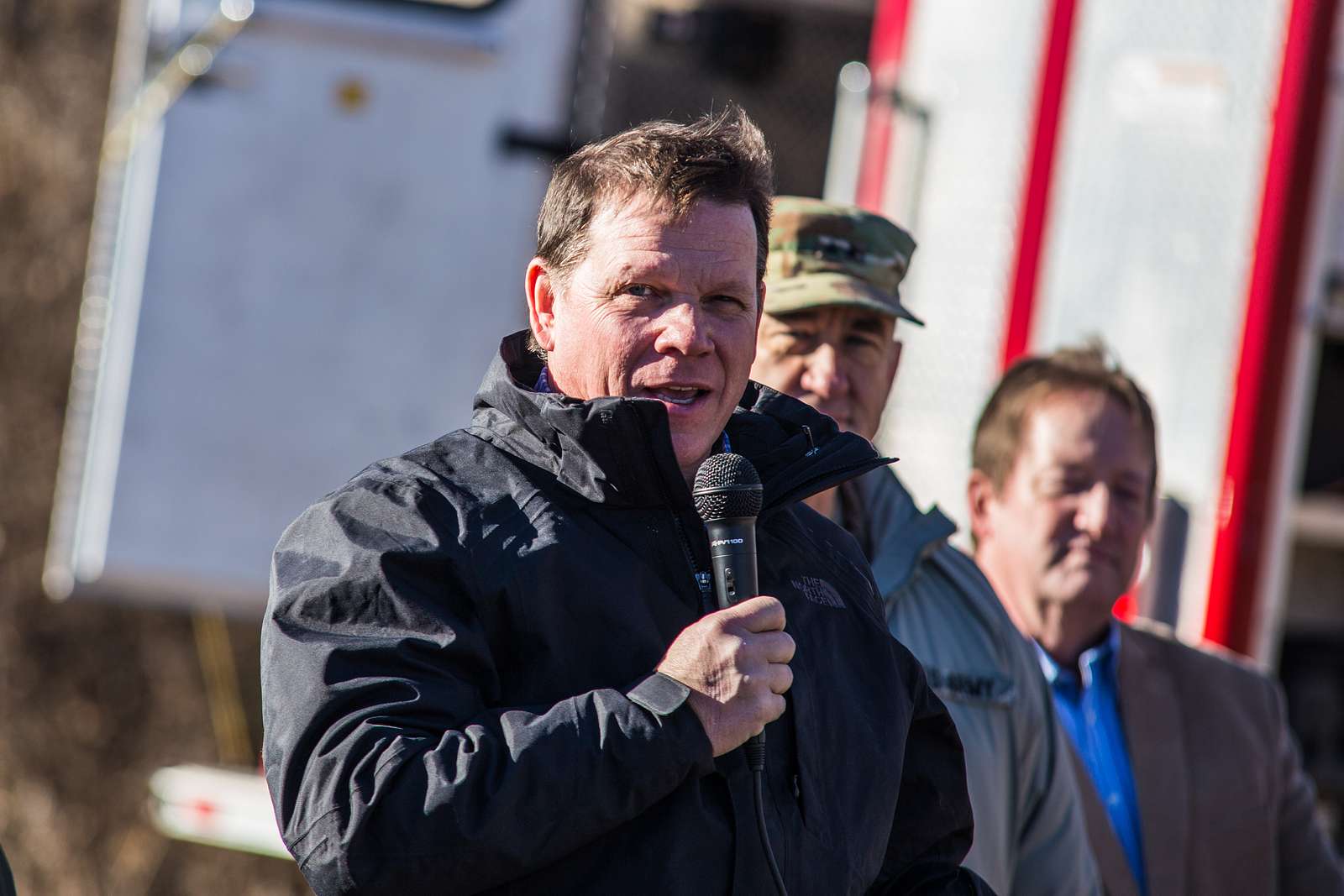A long-fought effort to get states to spend more of their federal infrastructure dollars on fixing highways rather than building new ones is in peril in the newly GOP-lead House — and it could force President Biden to take an unprecedented stand in favor of progressive road priorities.
Newly minted House Transportation and Infrastructure Committee Chair Sam Graves (R-Mo.) recently announced that if the Biden administration doesn't rescind what he called the "flawed" fix-it-first approach, he would take action to overturn a 2021 Federal Highway Administration rule that Graves's office said would "delay or deter critical road and highway expansion projects" and instead encourage states to spend road funding dollars on maintenance.
Sen. Shelley Moore Capito (R-W.Va.) echoed Graves's concern, and pledged to introduce a formal challenge to the rule.
Initially submitted to state DOTs in the form of a simple internal guidance document in December 2021, the now-notorious "fix-it-first" memo — sometimes called simply the "Pollack memo" after FHWA administrator Stephanie Pollack — became the surprise subject of a now multi-year partisan brawl, possibly because it advised transportation leaders to “maximize the existing right-of-way for accommodation of non-motorized modes and transit options that increase safety, accessibility and/or connectivity.”
Some experts like Benito Pérez of Transportation for America said that the memo could have empowered the FHWA to "use the bureaucratic process to make it as difficult as possible" to build needless highway expansions, but they also stressed that at the end of the day, the agency couldn't actually stop states from using the $110 billion in unrestricted road funds to build as many lanes as they like. And Senate Majority Leader Mitch McConnell (R-Ky.) said that "the FHWA memorandum is an internal document, has no effect of law, and states should treat it as such."
Nonetheless, the GAO decided that the memo had a "substantial impact on the rights and obligations of non-agency parties," and should have been submitted to Congress and the Comptroller General first.
The administration's "fix-it-first" priorities now faces an uncertain future.
If Moore-Capito or another senator makes good on her promise to challenge the rule, it will set into motion a process known as a "Congressional Review Act resolution of disapproval," which will fast-track a debate over its future in both the Senate and the House. Because a handful of highway-happy Democratic senators like West Virginia's Joe Manchin seem likely to vote with the Republicans, experts suspect the bill land on Biden's desk, where he'd be forced to issue his first ever — and most likely, force the Congress to override that veto by two-thirds majority in both chambers.
If the President doesn't take that unprecedented stand, the path to enacting a similar rule in the future won't be easy.
"Enactment of a CRA resolution doesn’t just overturn the rulemaking; it sows the earth with salt," wrote Jeff Davis of Eno Transportation. "The CRA says that if a rule is overturned via CRA resolution, then not only is that rule dead, but the agency is forever barred from issuing any rule in 'substantially the same form' as the overturned rule, unless specifically authorized in a new law enacted by Congress."
Time will tell if Biden is willing to take such a bold stand in favor of the climate, Vision Zero, and the less car-dependent future America deserves. Advocates point out, though, that if Democrats had been willing to put a"fix-it-first" policy first back when their party had control of both chambers, we might not be in this mess today — and we should carry this lesson forward the next time the country writes major transportation legislation.
"If you have to fight this hard over an ‘I wish’ document, then you might as well just do big things," Beth Osborne of Transportation for America told Governing.






